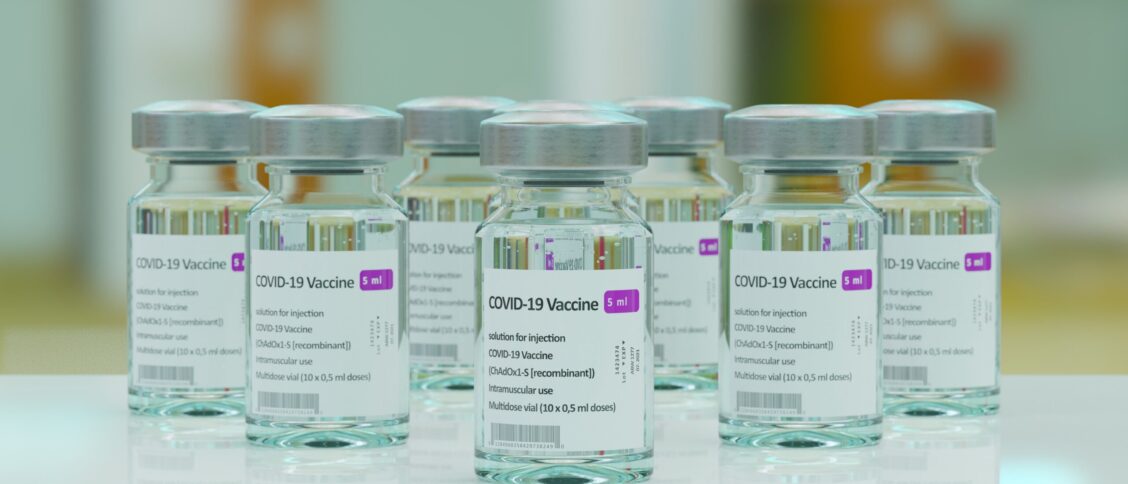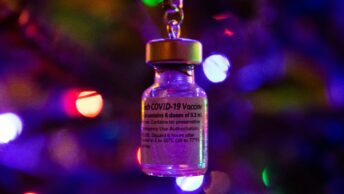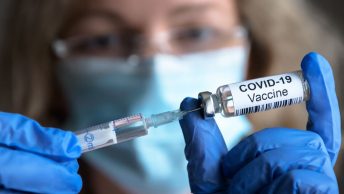2021, Agrarian South Network Bulletin
Since the World Health Organization (WHO) declared the coronavirus pandemic in March 2020, health systems have been forced to reorganize their services, infrastructures, human resources and supplies to focus on responding to an unprecedented demand. But this crisis went beyond the strictly health question, spreading over the months and impacting on politics and global economy.
From the very beginning, the idea that only a vaccine would be able to return us to “normality” was installed, and so we have been following in real time the scientific race that was unleashed. As a consequence of the pandemic, many processes have been accelerated, shortened and/or stages overlapped. The search for the vaccine for the coronavirus has thus proceeded at unprecedented speed while complying with the necessary steps to achieve good results: effective, quality and safe vaccines. Today we have 70 vaccines that are in the clinical research phase, 20 that have already reached the final stages of research, and 10 that have been approved for use. Never before has a vaccine been developed in such a short time. Slowly it became possible to imagine the end of the agony.
The world´s biggest economies – the United States, the European Union, China, India and Russia – were vying for the scientific race: all them wanted to make the headline of having discovered the vaccine to save us all. Deep down, they also disputed power and geostrategic positioning in a world that will undoubtedly no longer be the same.
This paper analyzes the unequal distribution of the COVID19 vaccines, focusing on the situation in low and middle-income countries in Latin America. Possible causes of this situation are indicated, as well as the challenges faced by governments when it comes to acquiring doses and immunizing their population according to their economic resources, political capacity for international negotiation, and infrastructure of their health systems.







